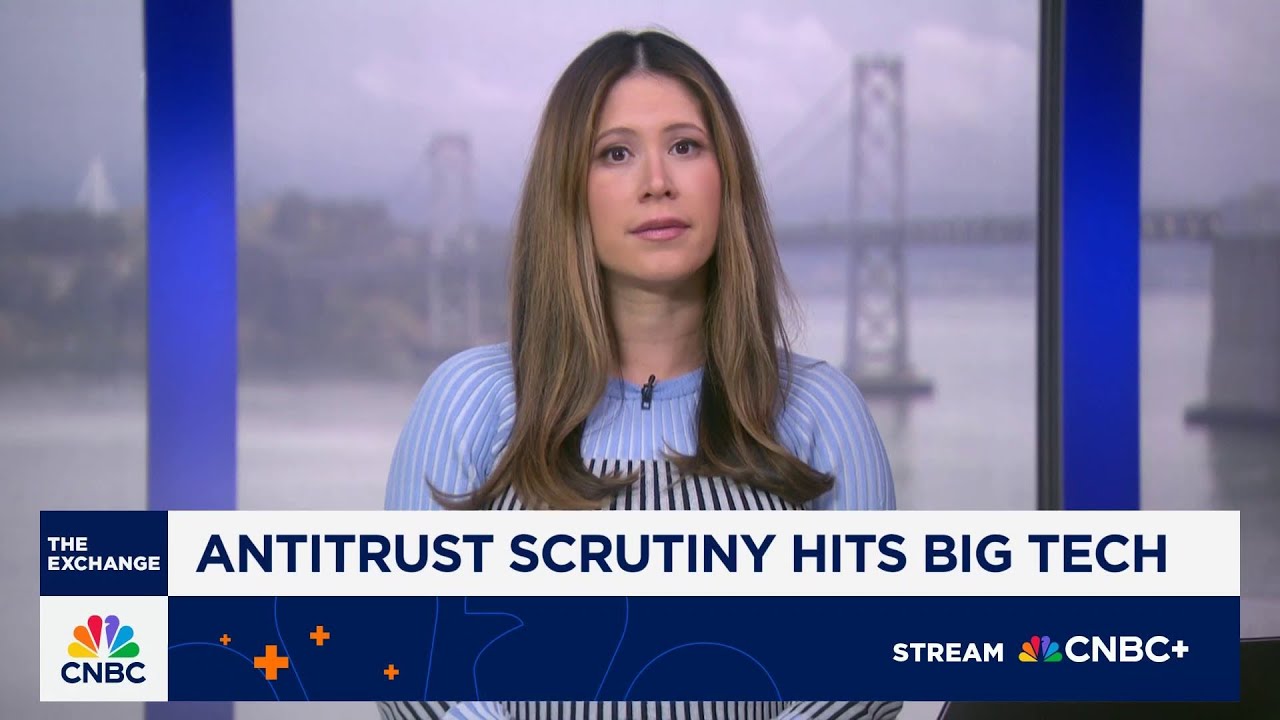Google’s recent antitrust ruling, which declares it holds an illegal monopoly in online advertising, threatens its most profitable segment and could lead to forced divestitures of key assets. This legal scrutiny diverts resources and attention from critical areas like artificial intelligence, potentially stalling the company’s advancements in this rapidly evolving field.
In a recent development, Alphabet’s shares have declined following a federal judge’s ruling that Google holds an illegal monopoly in certain online advertising markets. This ruling marks the second active case against Google, with potential implications for the company’s ad tech business, which is its most profitable segment. Regulators have long sought to break up Google’s dominance in this area, and the court’s decision opens the door for a forced divestiture of key assets.
Google has responded to the ruling by asserting that it disagrees with the court’s decision regarding its publisher tools, emphasizing that publishers have various options and choose Google for its effective and affordable ad tech solutions. This argument mirrors Google’s defense in another ongoing case concerning its search monopoly, where the Department of Justice (DOJ) is attempting to compel the sale of Google’s Chrome browser. Google maintains that its market success is a result of being the superior choice rather than an abuse of monopoly power.
The legal proceedings surrounding these cases are expected to take months or even years before any remedies or fines are implemented. However, the ongoing regulatory scrutiny poses a significant challenge for Google, as it diverts resources, talent, and attention away from critical areas of focus, particularly artificial intelligence (AI). This is a crucial time for AI development, and the regulatory pressures could hinder Google’s momentum in this rapidly evolving field.
Additionally, the regulatory landscape is becoming increasingly complex for major tech companies like Google and Meta, which are currently facing off against the Federal Trade Commission (FTC). This situation raises questions about the effectiveness of the tech industry’s strategies to navigate regulatory challenges, as high-profile CEOs, including Sundar Pichai and Mark Zuckerberg, have engaged in charm offensives to mitigate scrutiny.
In summary, Google’s antitrust challenges not only threaten its advertising business but also risk stalling its advancements in AI. As the company grapples with legal battles and regulatory pressures, the potential for a forced breakup of its key assets looms large, creating uncertainty about its future in both advertising and technology innovation.
